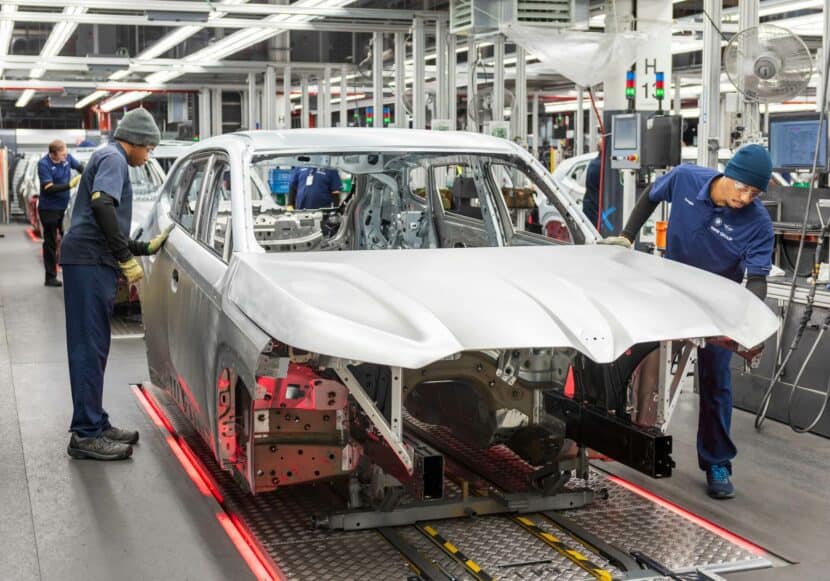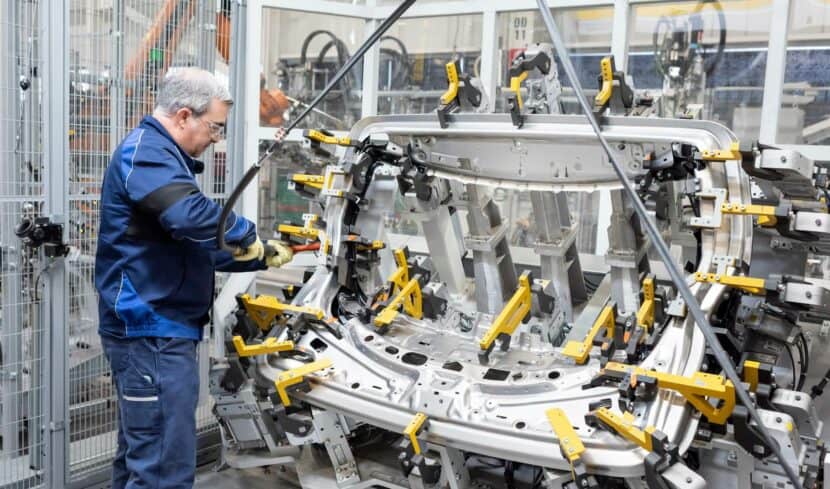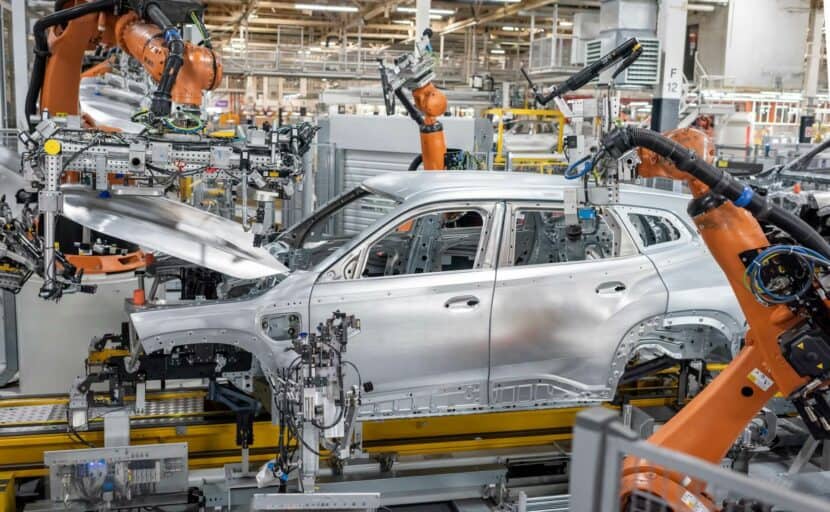Going green takes a lot more than just replacing today’s gasoline and diesel cars with EVs. As demonstrated in 2021 with the i Vision Circular concept, it’s also about relying more on renewable resources and making greater use of recycled materials. In addition, automakers need to cut back on the CO2 emissions generated during the manufacturing process.
Case in point, the BMW Group has inked a deal with Rio Tinto, the world’s second-largest metals and mining corporation, to source aluminum from facilities located in Quebec, Canada that run almost on electricity from six local hydroelectric power stations. Compared to conventionally manufactured aluminum, CO2 emissions are reduced by approximately 70%. Not only that, as much as half of the final product will contain recycled content.
BMW will use the greener aluminum from 2024 exclusively at the Spartanburg Plant for various body parts, including hoods. The South Carolina factory is where the X3 through X7 SUVs are all assembled, along with the recently launched XM serving as a dedicated M car. We’ll remind you at least six electric vehicles based on the Neue Klasse platform will go into production in SC by the end of the decade.
With the risk of stating the obvious, aluminum is crucial to keeping a vehicle’s weight in check in this day and age when cars are getting heavier as a result of growing in size and adding bulky batteries for EVs. BMW has crunched the numbers and estimates about a quarter of CO2 emissions generated in the supply chain for a midsize EV are attributable to aluminum, so it’s taking measures to reduce the impact it has on our fragile nature.
The BMW Group will be among the first companies to use ELYSIS technology developed for aluminum production, which eliminates all CO2 emissions generated during the smelting process. It does so courtesy of carbon-free anodes for a process that has been successfully tested at an industrial level for the first time in 2021.
Source: BMW









via Tingle Cars
